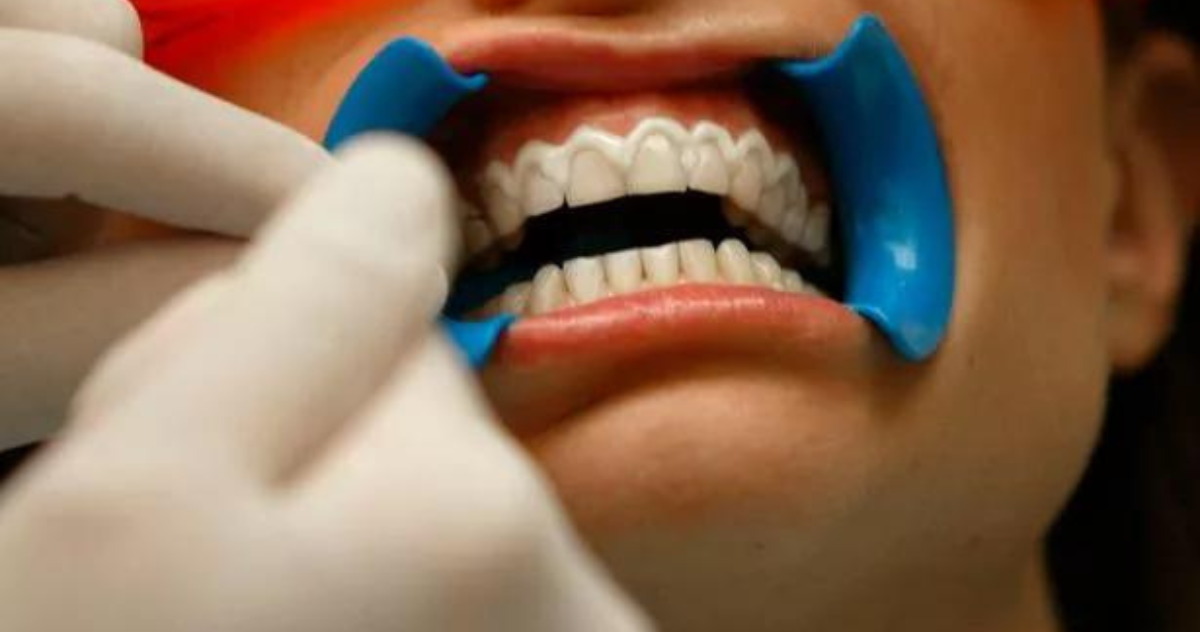New York (Transatlantic Today)— Teeth whitening has overtaken the world, becoming a sought-after cosmetic procedure. Individuals increasingly turn to teeth-whitening services in the quest for brighter, more radiant smiles. This surge in demand has not only transformed smiles but has also become a lucrative business opportunity. If you’re considering delving into the teeth whitening industry, it’s crucial to understand the licensing requirements, especially the burning question: “Is teeth whitening illegal for non-dentists?”
Teeth Whitening Licensing by State
The first aspect to consider when pondering the legality of teeth whitening for non-dentists is the state in which your business operates. The requirements and regulations can vary significantly from one state to another.
Texas: A License-Free Haven
Aspiring teeth-whitening entrepreneurs have reason to rejoice in the vast expanse of the Lone Star State, Texas. Here, you can provide teeth whitening services without the need for a specific license. This leniency offers a unique opportunity for non-dentists to enter the teeth whitening market, provided they meet other applicable regulations and standards.
California and Florida: License Required
The scenario changes when you set your sights on the Golden State, California, and the Sunshine State, Florida. In these two states, individuals and businesses wishing to offer teeth whitening services are required to hold a license. This means non-dentists, including entrepreneurs and aestheticians, must navigate the legal framework to obtain the necessary credentials.
Navigating Teeth Whitening Licensing
Understanding the intricacies of teeth whitening licenses is vital to ensure that you operate within the confines of the law. To get started, you should reach out to your state’s dental board to receive comprehensive details on the licensing requirements and procedures. They can provide guidance on what’s needed to legally offer teeth whitening services in your area.
The Surge in Teeth Whitening Demand
Before delving deeper into the licensing requirements, it’s essential to appreciate the phenomenal rise of teeth whitening. Cosmetic enhancements and self-care have become a top priority for many, leading to an increased demand for services that enhance one’s appearance. Teeth whitening, in particular, has been a front-runner in this pursuit of aesthetic improvements.
Adding teeth whitening to your list of services can be a prudent business move, offering several advantages. These include heightened patient satisfaction, increased referrals, and a boost in revenue. As of 2021, the in-office teeth whitening industry had soared to over $1.75 billion in sales, with over 40 million Americans opting for these cosmetic treatments. It’s an evident choice for dental practices and beauty professionals looking to elevate their services.
Is Teeth Whitening Illegal for Non-Dentists?
Returning to the central question, “Is teeth whitening illegal for non-dentists,” the answer is a resounding “Not necessarily.” Whether non-dentists can legally offer teeth whitening services depends largely on their location. It’s a viable option in Texas, as no specific license is required. However, in California and Florida, obtaining the necessary license is necessary for legal operation.
To ensure your teeth whitening business complies with the law, the key is to familiarize yourself with state-specific regulations, obtain the requisite training, secure the appropriate insurance, and establish a strong support network. By doing so, you can confidently provide teeth whitening services, helping your clients achieve the dazzling smiles they desire while growing your business.
Final Words: Is Teeth Whitening Illegal for Non-Dentists?
In conclusion, the teeth-whitening world is filled with promise and opportunity. Non-dentists can actively participate in this growing industry, provided they adhere to their state’s licensing requirements and offer professional, safe, and effective services. The path to success lies in knowing the rules, embracing training, and building a robust support system to navigate the complex landscape of teeth whitening regulations.


























